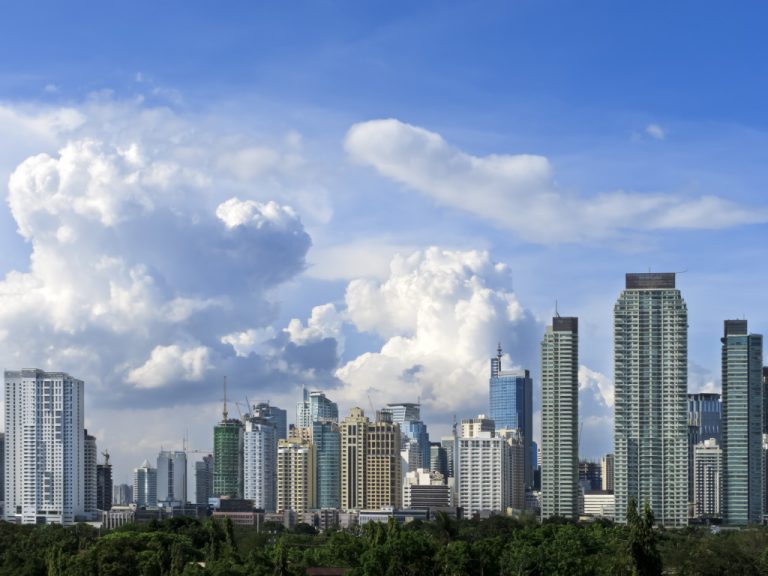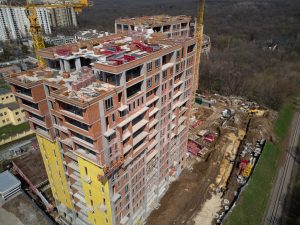- Understand why you want to leave the city and weigh its pros and cons.
- Research new locations based on climate, cost of living, infrastructure, and culture and recreation available.
- Prepare your finances for moving costs, rent/mortgage, and utilities.
- Build a solid support system composed of people you know or new neighbors in the area.
- Embrace the culture of your new home to get involved in the local community.
Living in the city can be chaotic, stressful, and sometimes overwhelming. With traffic, noise, pollution, and always-on culture, it’s no wonder many people dream of getting away. However, deciding to move into a quieter and more relaxed place is not always easy. Whether you are tired of the hustle and bustle of city life or just looking for a change of scenery, this blog post has some tips to help you make the most of your move.
1. Start by identifying your reasons for wanting to leave the city.
Before taking the big leap, you must determine what drives your decision to move to a new place. Is it the inability to afford city living, wanting a better quality of life, or constant noise? Understanding what you want and need from your new environment is crucial to a successful transition.
You should also weigh the pros and cons of moving to a new place. Will you gain peace of mind, or will there be other unseen drawbacks like higher taxes or less access to amenities? Consider the potential lack of services and resources if you’re considering a rural area. Depending on your lifestyle, this can be a challenge.
2. Research potential new locations.
The next step is to narrow down possible locations that fit your criteria. Consider the various factors that can affect your decision, such as the following:
a. Weather
The climate of your future home should be suitable for you. Know if the area experiences extreme temperatures or frequent natural disasters that may disrupt your life.

b. Cost of living
Income taxes, property taxes, and insurance costs can vary significantly from one area to another. Compare the average cost of living in each location to determine if it’s within your budget.
c. Infrastructure
Be mindful of the infrastructure in the area. Is there public transportation available? Are there nearby healthcare and educational facilities? If you need to commute to work, how long will it take?
d. Culture and recreation
It’s important to consider the culture and recreational activities available in the area. Some people prefer to stay somewhat close to the city, while others may want to be far away from the hustle and bustle of urban life.
3. Get your finances in order.
Moving to a new place often means considerable expenses. You must consider the cost of moving, travel, rent or mortgage, and utilities. If you’re selling an existing property, calculate the possible profits and determine if it’s enough to finance your move. You want to ensure you have the necessary funds to cover all the costs of your transition.
Depending on your budget, you may also access better living spaces. For example, buying a house and land property may be wiser than renting an apartment. Owning a property gives you more stability and security in the long run. If you own your home, ensure it has the necessary infrastructure and repairs.

4. Build a support system.
Moving to a new environment can be quite a challenge. Having family and friends as your support system in your new home can help you transition seamlessly. They will be available to help you with everyday tasks such as unpacking, grocery shopping, and figuring out the new area’s basics.
You may also want to meet people from the area with similar interests and hobbies to develop a strong circle of friends. Talk to people in the community and get valuable advice from them. They might provide information about local businesses, schools, and places to visit.
5. Embrace and learn the new culture.
Finally, one of the best things you can do when you move into a new area is to get involved with the local community and embrace the culture. Whether joining local clubs, volunteering, or attending cultural events, immersing yourself in the new area will give you a sense of community and help you quickly build relationships. Always be open to new experiences and learn more about your new home.
Moving to a quieter and more laid-back environment can be a life-changing decision. It allows you to live a more mindful, relaxed, and fulfilling life. If you’re tired of living in the city, use the tips in this post to ensure your transition to your new home goes as smoothly as possible. Remember, the move might not always be easy, but with the right mindset and game plan, the new lifestyle could be just what you need to start anew.













